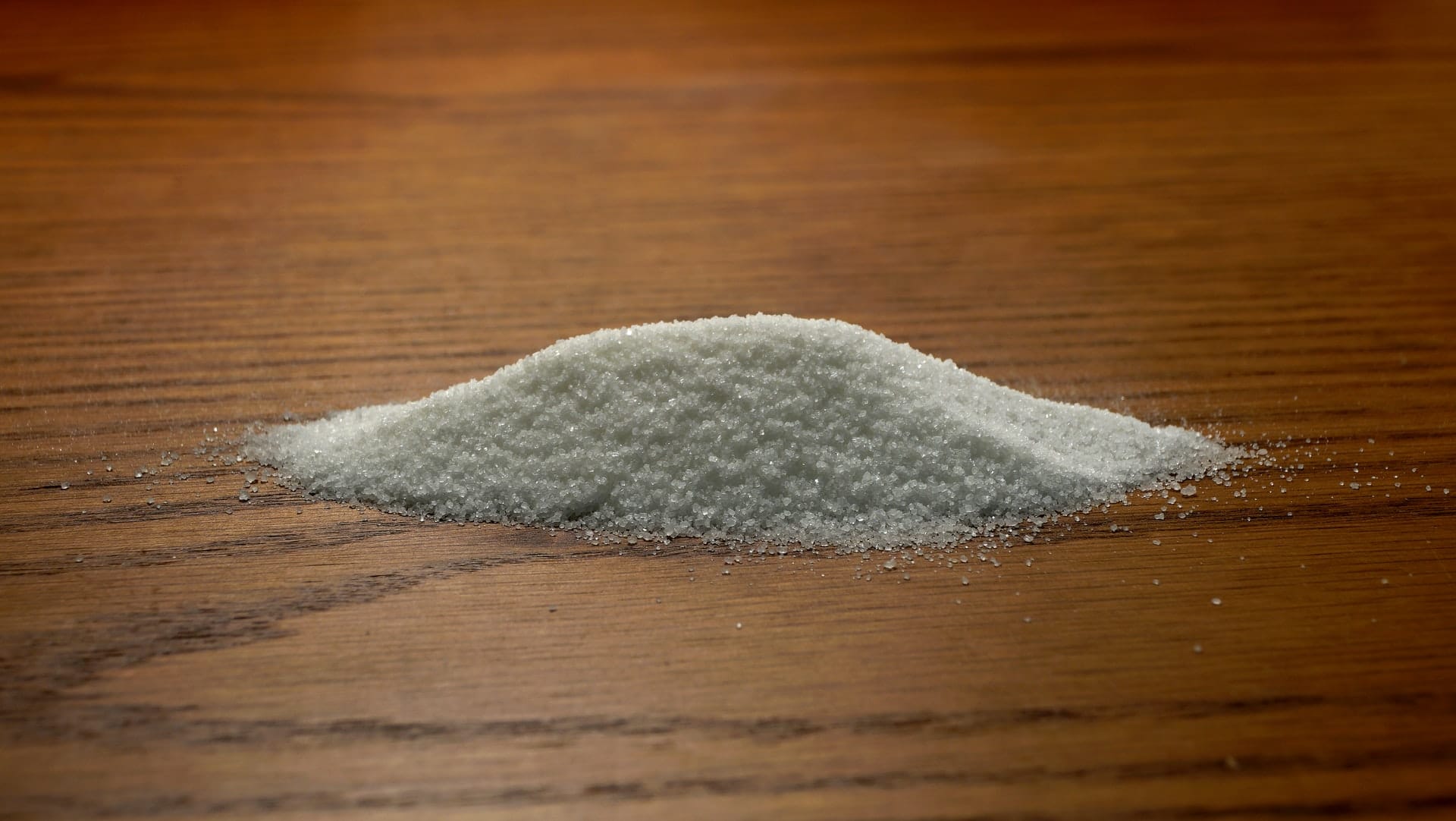Does MSG cause cancer? Is MSG addictive? How is MSG made?
MSG is a seasoning and flavor enhancer that is used widely in Asian regions. Since Asian cuisines are exported all the time to the West, demand for it is present in non-Asian countries as well. If you think you have had an MSG headache before, you might want to read today’s blog in full. We will share with you the real deal about MSG and why people keep saying that it is dangerous.
The Truth About MSG
MSG stands for monosodium glutamate. It is a flavor-enhancing compound that is derived from a non-essential amino acid called glutamic acid. Glutamic acid is present not just in the human body, but it also naturally occurs in all kinds of fresh produce, in varying concentrations.
The manufacturing process of MSG combines salt and glutamic acid. The stable compound is the white, powder-like substance that is used for enhancing the flavors of Asian dishes. If you are wondering if the MSG produced by manufacturers are different from the type that occurs naturally in plants and the body, then the answer is no, they are completely identical.
What is the purpose of MSG?
The primary purpose of MSG is to bring umami flavors to life in the food. MSG is highly absorbable in the body because it is no longer bound to protein molecules inside the body, unlike naturally-occurring glutamic acid.
Umami is classified as the fifth taste, right after the feelings that we are familiar with: sweet, salty, sour, and bitter. Umami is described as savory and meaty, which is somehow a combination of the first four types of taste. It is said that people in the United States and the United Kingdom consume around 0.58 grams per day, while in Korea and Japan, the figure is much higher – about 1.7 grams per day.
Is MSG safe to eat?
Yes, it is safe to eat. The fear of MSG began in 1969 in a study where large quantities of MSG were injected into newborn mice.
What happened was the newborn mice experienced neurological damage as a result of the injection. MSG indeed belongs to a class of neurotransmitters that causes excitation in the brain. Excitatory neurotransmitters are capable of stimulating neural pathways to get chemical messages across.
For this reason alone, MSG was branded as an excitotoxin. The fear of MSG has never worn off, even if the truth of the matter is that the amounts of MSG that we eat daily does not cross the blood-brain barrier, and will cause no such toxicity in the body.
Tripling or quadrupling of glutamate concentrations in the body can cause, but this will only happen if you take a mega dose of MSG. Why would anyone take a mega-dose of MSG in the first place? This does not usually occur in real life like no one would down a cup of rock salt just because he wanted to.
Scientifically, there is no evidence that MSG should be avoided at all, unlike things like tobacco and alcohol.
Why is MSG bad for your health?
Each issue has multiple angles, and MSG consumption has to be studied from these angles to make sense. Some people are naturally sensitive to MSG, the same way that some folks are allergic to peanuts. This is entirely normal.
It’s called the Chinese restaurant syndrome, and a slew of possible symptoms may arise because of it. One research shows that the condition can be triggered with dosing of 5 milligrams of MSG (this study had a placebo as a comparison). The average threshold was 3 milligrams, which is already six times the average amount of MSG consumed in the US or UK.
The symptom complex associated with the consumption of MSG includes bodily weakness, sudden headaches, flushing, nausea, sudden sweating, palpitations, tightness or press around the facial regions, and even tingling of the face and associated areas, including the neck.
Please take note that these symptoms are anecdotally reported from different people at different times, across various territories, and they have not been carefully and scientifically studied yet. Unfortunately, no definite and reliable link has been established between the consumption of MSG and developing any of these symptoms.
What we do know is that people can experience short term reactions after consuming any amount of MSG. Fortunately for Asian food lovers, these short-term reactions do not require a physician’s attention or a visit to the emergency room.
If you want to avoid any brushes with these symptoms, it would be best to avoid MSG in the future. However, this may be generally difficult because MSG is present in so many processed food products from pastries to meat preserves.
Is MSG cancer-causing?
The United States FDA currently lists MSG as a safe additive to food. Furthermore, it is not listed as a cancer-causing agent. Reports of MSG being a carcinogen are unfounded, and there is no scientific proof that it does.
However, please take note that MSG consumption has been linked to an increase in caloric intake as well because it excites the tongue receptors. Keep this in mind when adding MSG to your cooking if you are trying to control your caloric intake.
The increased appetite that you feel may not just be proof of your cooking skills – it may be an unintended effect of having more glutamic acid in your food.
Either way, you can choose to reduce your use of MSG or not use it entirely in your cooking. If you do use it, you can limit it so you will have better control of your appetite while coking. We recommend that you not rely on MSG when you are eating for your satiation. Refer to ideal portions of food while eating.

